Did you fall asleep in biology? Do you know as much about the women’s reproductive system as you should?
It’s okay. Everyone has questions — good thing we have all the answers.
At Elevate Egg Donors and Surrogates, we believe in educating our clients. So today, we are answering the question, “how many eggs does a woman have?” and all the other awkward female anatomy questions our clients have.
How Many Eggs Does a Woman Have?
Baby girls are born with approximately 1 million eggs. After she goes through puberty, only around 300,000 eggs remain.
Of those 300,000 eggs, only 300 or 400 will be ovulated during a woman’s reproductive lifetime. Fertility drops as a woman ages due to the decreasing number and the quality of the remaining eggs.
The decline of eggs as a woman ages is why most agencies only accept women between the ages of 20 to 30 as egg donors.
What Makes Up the Female Anatomy
If you were to ask any man, they would say the female anatomy is complicated. But it doesn’t have to be. Here’s a breakdown of the basics:
Vagina: The vagina is a canal that joins the cervix to the outside of the body. It also is known as the birth canal.
Uterus (womb): The uterus is a hollow, pear-shaped organ. This is where a fetus will grow and develop. The uterus is divided into two parts: the cervix, which is the lower part that opens into the vagina, and the main body of the uterus, called the corpus. A canal through the cervix allows sperm to enter and menstrual blood to exit.
Ovaries: The ovaries are small, oval-shaped glands that are located on either side of the uterus. The ovaries produce eggs and hormones.
Fallopian tubes: These are narrow tubes that are attached to the upper part of the uterus. The fallopian tubes serve as pathways for the egg to travel from the ovaries to the uterus. Fertilization of an egg by a sperm normally occurs in the fallopian tubes. The fertilized egg then moves to the uterus, where it implants to the uterine lining.
What Happens During the Menstrual Cycle
The menstrual cycle plays a big part in egg donation. A donor must have a regular period and have a healthy reproductive system. When the time comes to donate her eggs, a donor’s medications, clinic visits, and retrieval date will all be scheduled around her cycle.
Females start their menstrual cycle in early adolescence and will continue until they reach menopause — usually in their 40s.
The average menstrual cycle takes about 28 days and occurs in phases. These phases include:
The follicular phase (development of the egg)
The ovulatory phase (release of the egg)
The luteal phase (hormone levels decrease if the egg does not implant)
Follicular Phase
The follicular phase starts on the first day of your period. Hormones are released from the brain and travel to the ovaries. These hormones stimulate the growth of eggs in the ovaries.
As the follicular phase continues, one egg becomes more dominant than the others.
Ovulatory phase
The ovulatory phase usually starts about 14 days after the follicular phase started. This phase is when a woman is ovulating.
The dominant egg creates estrogen. The estrogen causes the follicle to release the egg from the ovary. The egg then travels to the fallopian tubes. This phase is when a woman is most likely to become pregnant.
Luteal phase
The luteal phase begins right after ovulation. In this phase, the egg could be fertilized with sperm, travel down the fallopian tubes, and become implanted in the uterus. If this happens, the woman is considered pregnant.
If the egg is not fertilized, the egg travels down the fallopian tube and passes through the uterus. If no pregnancy needs to be supported, the lining of the uterus breaks down and sheds.
When the lining breaks down and sheds, a woman will experience some bleeding — commonly called a period.
We're An Open Book
There, that wasn’t too awkward now, was it? We are here to answer all your questions that you’re afraid to ask, including, “how many eggs does a woman have?”
At Elevate Egg Donors and Surrogates, we believe that education is critical as you make important decisions regarding your family and your future. So don’t hesitate to contact us. As we said, we’re an open book.

